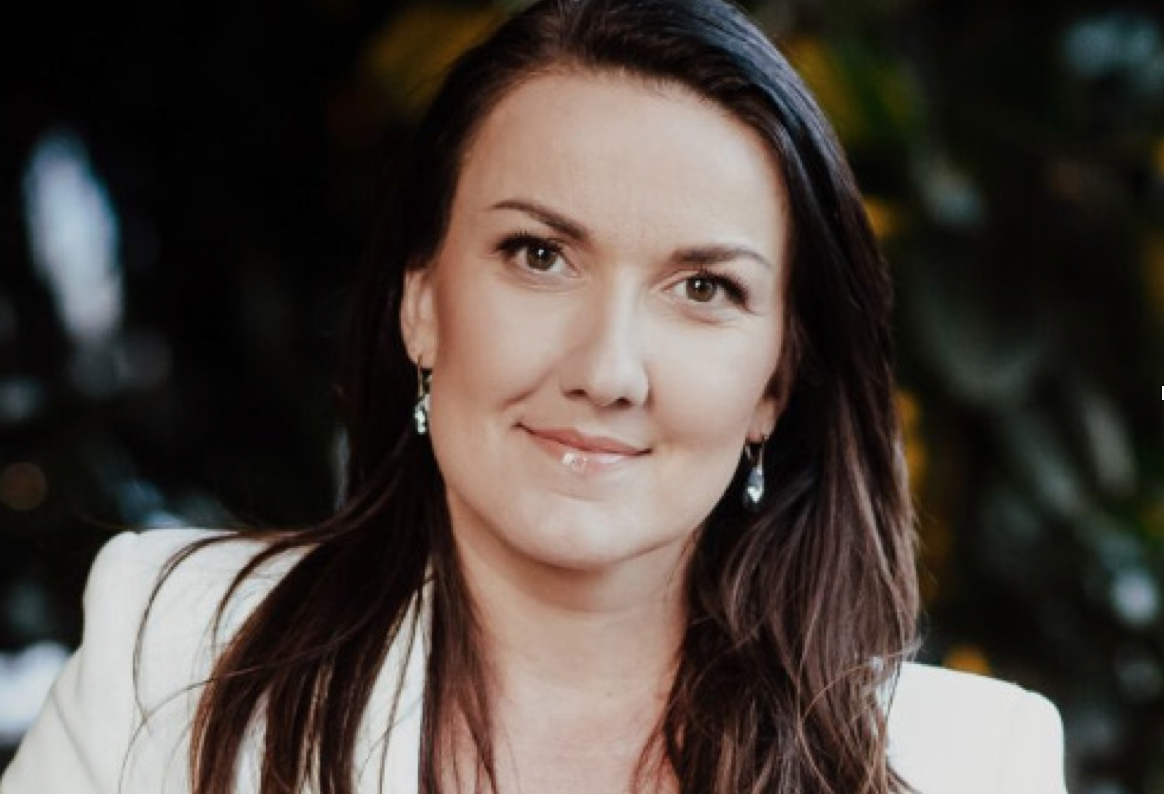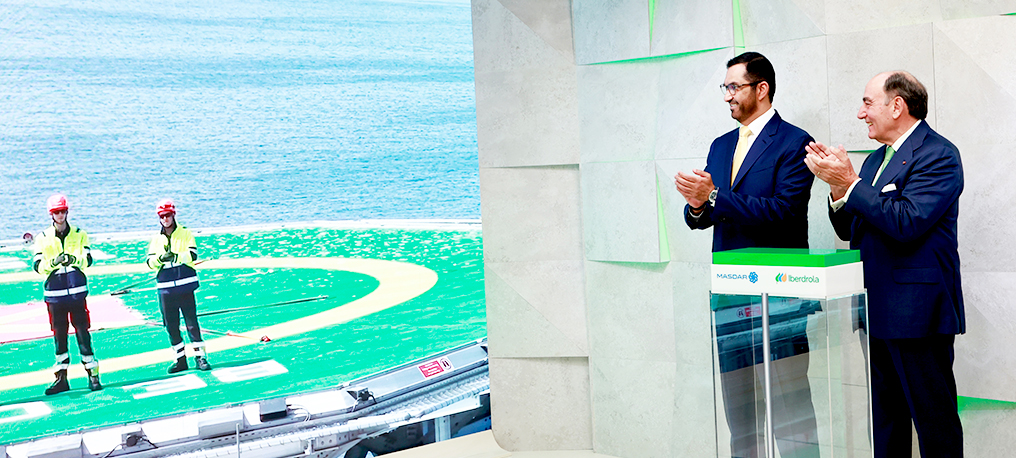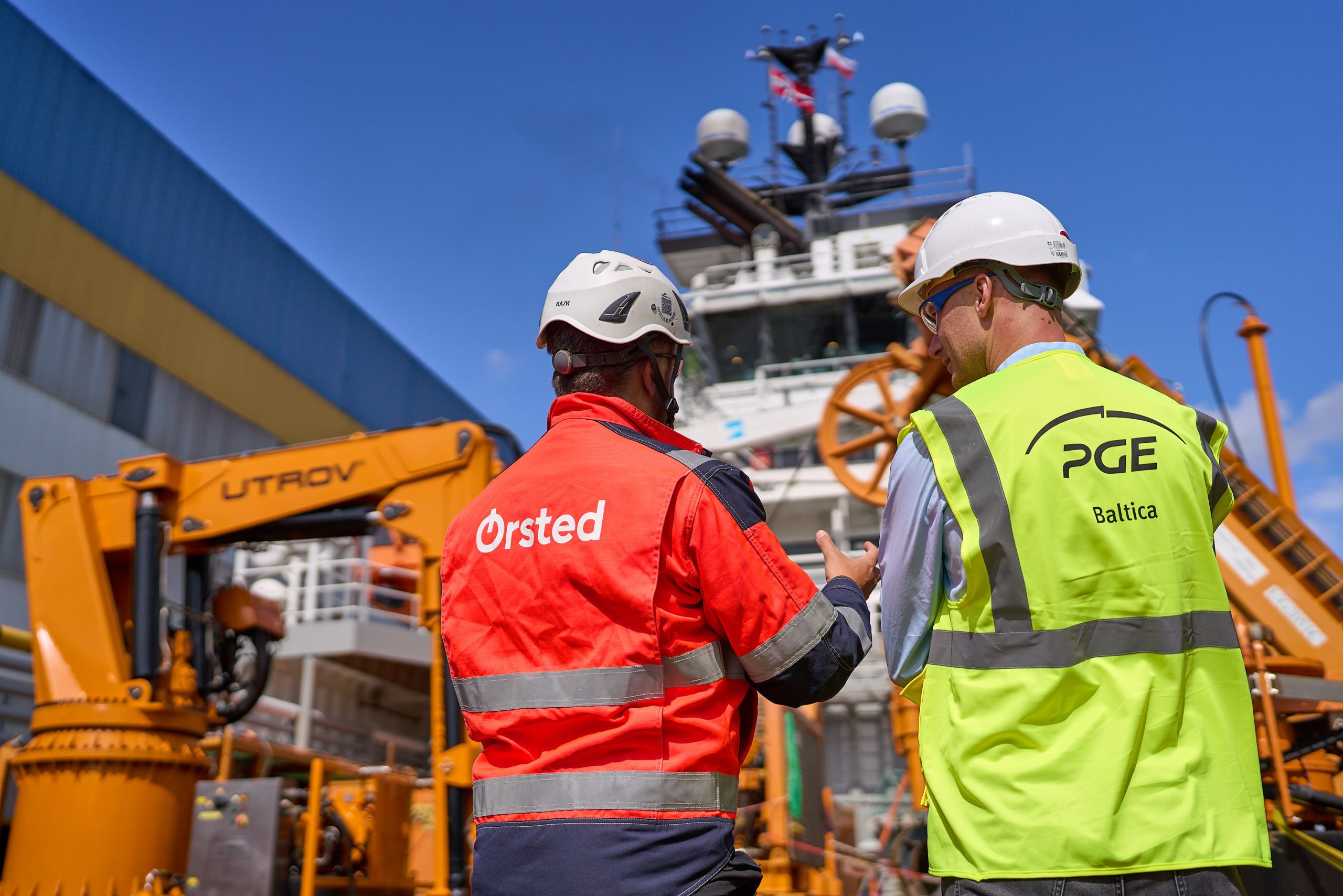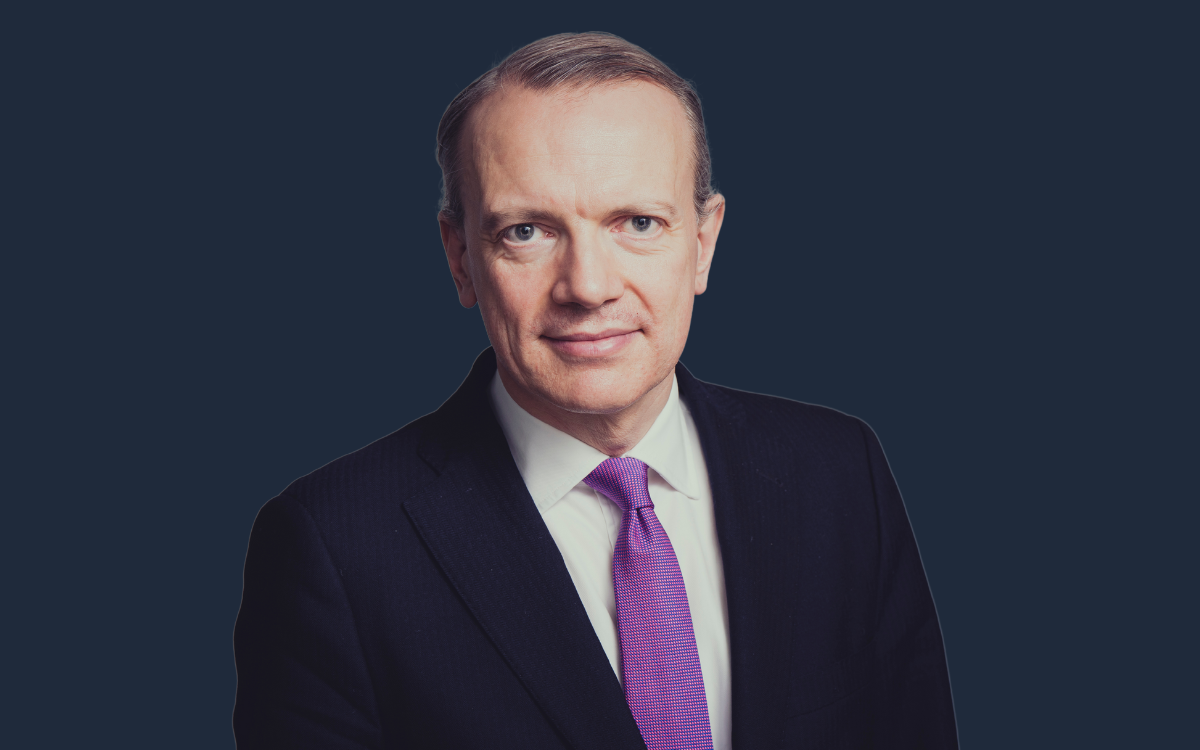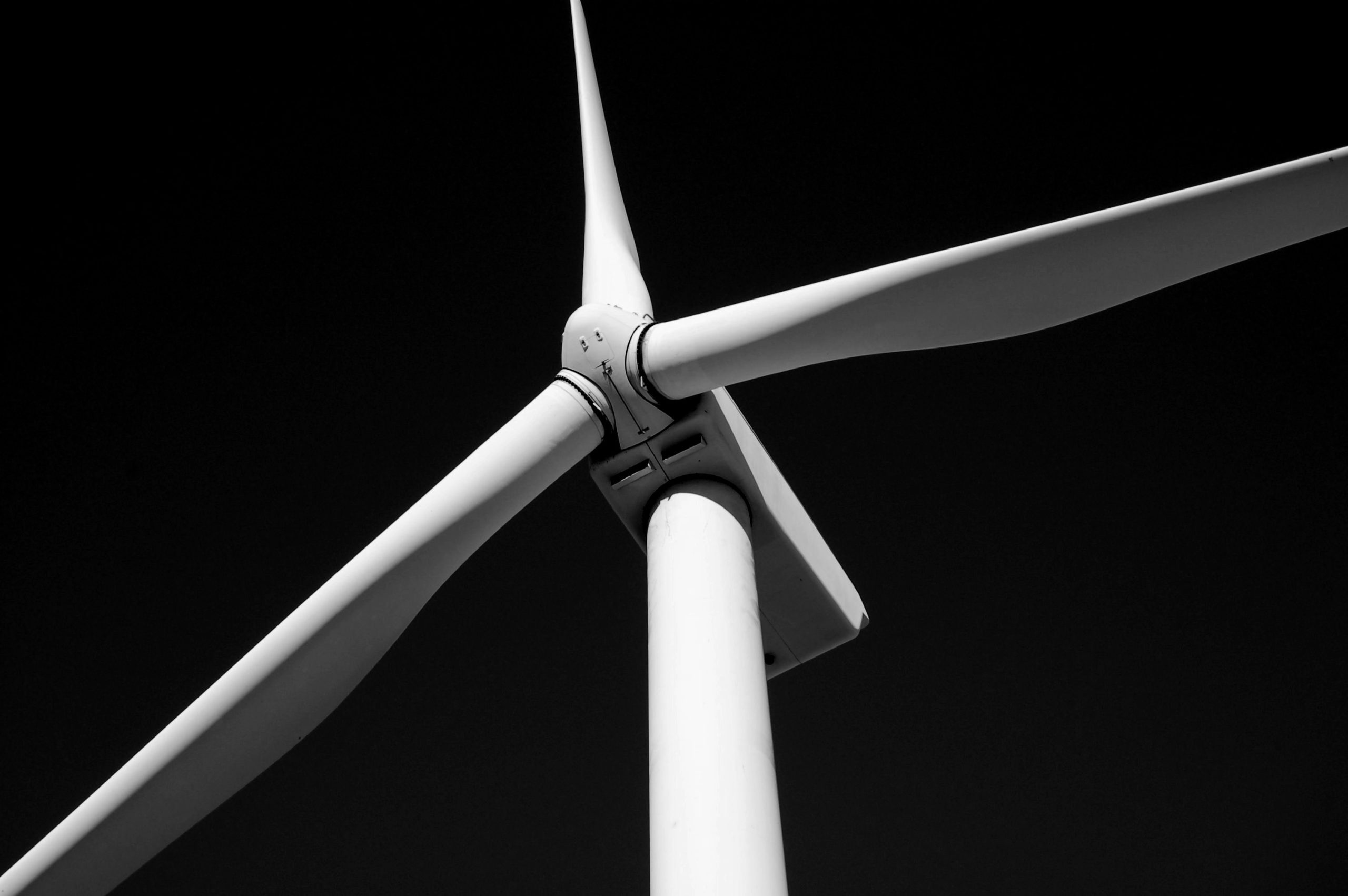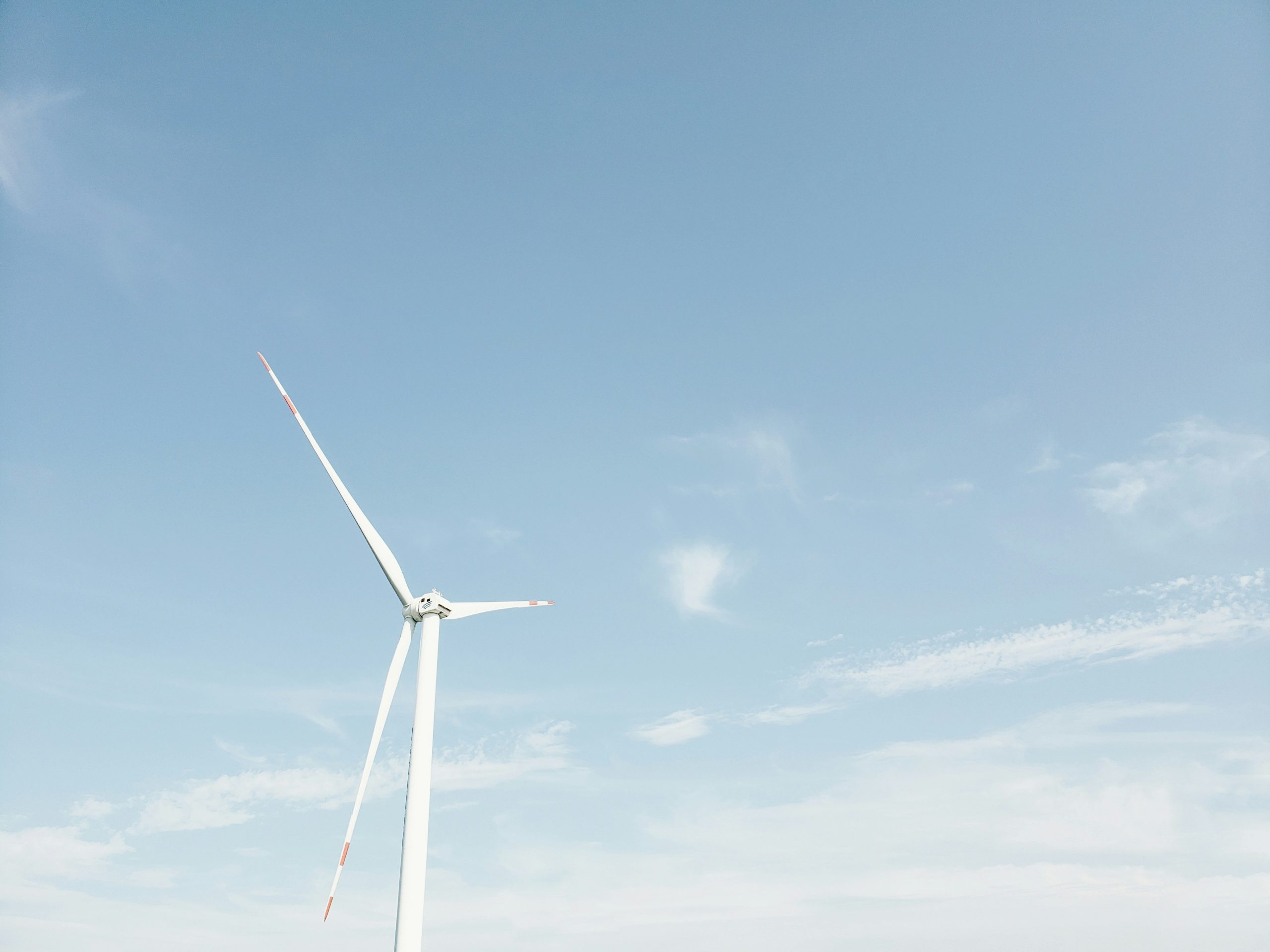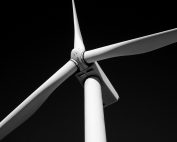The outbreak of war in Ukraine has also affected the energy sector, including the wind industry. Russian hostilities are frequently targeting critical infrastructure, including wind installations. Poland is supporting Ukraine and their wind industry. A special platform called Work4Wind has recently been launched to help Ukrainian wind workers find jobs outside Ukraine. We ask the Polish Wind Energy Association (PWEA) about the support flowing from the Polish industry.
Article comes from BalticWind.EU Country Report POLAND Q2 2022
Work4wind is a career support platform that aims to connect job seekers with companies in the energy sector looking for workers in Poland. The wind industry remains a powerful job creation sector and will continue to grow, especially as an important part of building energy security and independence from Russian energy supplies.
That’s why the Polish Wind Energy Association and the Ukrainian Wind Energy Association, through the platform, are jointly stimulating the labor activity of Ukrainian citizens in Poland. Under the jointly created platform, jobs are expected to be available for a wide range of professionals, including accountants, engineers, economists, lawyers, environmentalists, drivers, builders and installers, secretaries and many others needed in the wind energy sector at various levels.
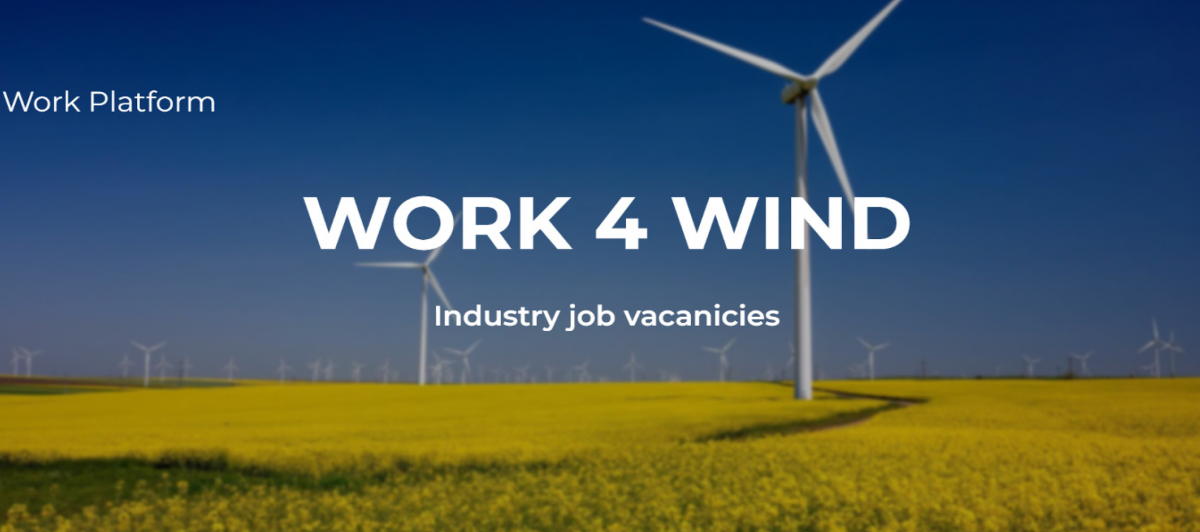
New interconnections with Ukraine needed
How else does PWEA want to support the Ukrainian industry? Małgorzata Żmijewska-Kukiełka, Communications Manager at PWEA, notes that Ukraine has made significant progress in renewable energy in recent years.
By the end of 2021, the share of RES in national electricity production amounted to more than 8 percent, with total installed capacity of wind power reaching almost 1.7 GW. According to a forecast made by the Ukrainian Wind Energy Association in late 2021, Ukraine assumed at least 1,000 MW of new wind power capacity in 2022. In addition, about 4,000 MW of wind power capacity has already received construction permits. Currently, all projects that were already in the development and construction phase have been put on hold, says Małgorzeta Żmijewska-Kukiełka.
She adds that the development of weather-dependent RES will require adequate flexibility in the Ukrainian energy system to ensure stable operation of the system. One tool to enable the achievement of this goal is the expansion of cross-border interconnections. In March of this year, Ukraine went off the Russian grid and the power system was synchronized with Europe (via ENTSO-E). In the same month, Poland became the first country to resume importing Ukrainian electricity.
Further expansion of useful cross-border capacity between the two countries would benefit in terms of integrating variable renewables and providing revenue to the Ukrainian power system, while simultaneously helping to achieve Poland’s goals of reducing CO2 emissions in the energy sector and ensuring affordable electricity supply, she adds.
In addition, the establishment of export-import relations between Ukraine and Europe through Poland, on the one hand, will have a direct economic impact of billions of dollars a year for both countries, and on the other hand, Ukrainian electricity will help the EU replace some of the gas imported from Russia.
In other words, Ukraine is a viable tool for EU countries to become independent from Russian energy and Poland can act as a mediator in this process. We can also become the first European country with which Ukraine will build a valid model of trade relations in the electricity market. The development of variable renewables will require considerable flexibility in the Ukrainian electricity system to ensure its stable operation. One of the tools to achieve this goal is the expansion of cross-border interconnections. Stronger ties between Ukraine and the EU will increase the stability and security of the entire region and help reduce dependence on Russian fossil fuel imports, PWEA explains.
Talks at the Polish-Ukrainian Roundtable
The Polish-Ukrainian roundtable, hosted by PWEA and UWEA, was one of the key events of the first day of the conference. Małgorzata Żmijewska-Kukiełka points out that prospects for post-war reconstruction of Ukraine through the implementation of joint Ukrainian-Polish green projects were discussed. The key challenges and benefits of trade relations between the two countries and the role of international financial institutions in creating a strong business climate in Ukraine were also discussed.
Ukrainian speakers included Wärtsilä Energy, KNESS, MCL Group, Greenville and Dentons, while Polish experts represented companies and organizations such as the UN and Orlen, Lublin University of Technology, Jagiellonian University, the Energy Forum and the Polish Power Exchange (TGE). Their comments related to cross-border electricity trading were of great interest to the participants.
The roundtable was moderated by Monika Morawiecka, Senior Advisor at Regulatory Assistance Project (RAP), who spoke about ways to ensure the necessary flexibility and reconstruction of the electricity system through electricity trading, and Kateryna Knysh, Head of Analytical Department at UWEA, who presented the prospects for rebuilding Ukraine’s post-war energy sector through the implementation of RES.
Grzegorz Zieliński, Director, Head of Energy Europe, EBRD Poland, confirmed that the EBRD intends to finance not only the post-war reconstruction and development of the energy sector in Ukraine, but also future green projects.
Commenting on the existing export potential of Ukraine’s integrated electricity system, Mykyta Vyshnevskyi, Director for Market Operations at NPC Ukrenergo, noted that “in order to unleash Ukraine’s full export potential, it is necessary to ensure transparent trade with EU countries in accordance with European rules. In particular, they provide for non-discriminatory access to cross-border connections for all market participants. Strict adherence to the “green” course is one of Ukrenergo’s priorities as Ukraine’s transmission system operator”.
Ukraine’s post-war revival must be in line with the REPowerEU plan, and wind energy should play a key role in this, stressed Małgosia Bartosik, Deputy CEO of WindEurope.
Representatives of Ukrainian wind companies stressed their readiness to cooperate with Polish companies on joint green projects. Thus, Sergii Kravchuk of KNESS, the first company in Ukraine to launch an industrial energy storage facility, stressed that “the increase in the share of RES is in any case logically connected with the need to use such balancing capacities as energy storage in particular. Therefore, this area of cooperation is very promising for future cooperation between our countries”.
Mykola Herasymenko, CEO of the MCL Group, focused on the development of hydrogen projects and invited Polish business to cooperate: “Practical experience in the development of industrial RES facilities gave us the opportunity to start developing the “wind+hydrogen” project. Today our project envisages the construction of a 144 MW wind and a 10 MW electrolyzer. The first phase of the project is ready for construction”.
Piotr Kosior, Vice-President of Greenville Poland, talked about the development of his company’s “green” projects in Western Ukraine, referring to Mykita Vyshnevskyi’s statements about prospective regions for joint Ukrainian-Polish projects.
Polish business representatives expressed their readiness to engage in investment projects in Ukraine as part of post-war reconstruction. At the same time, they pointed out that it is necessary to promote transparent trading, competition and transparency in the Ukrainian energy market.
Wärtsilä’s modeling results indicate that the cheapest way to increase Europe’s energy independence is to maximize the use of renewable energy sources. In a study of Europe’s Energy Future, Wärtsilä showed that doubling renewable energy production would reduce the use of expensive gas by 47% and lower the cost of electricity, as concluded by Igor Petryk Senior, Market Development Manager at Wärtsilä Energy.
Source: BalticWind.eu Quarterly Country Report Poland/Q2 2022
